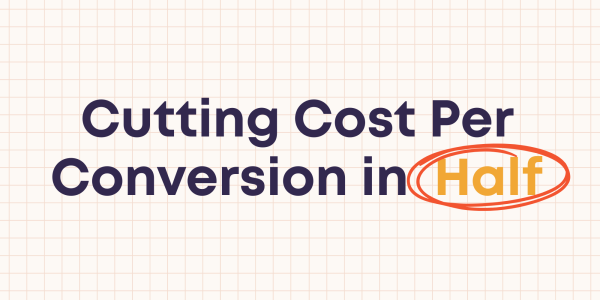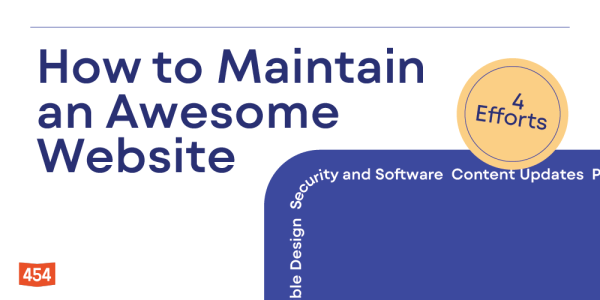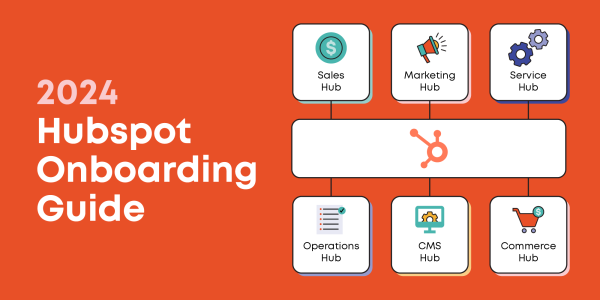Making Sense of SEO
Feb 16, 2021

Search Engine Optimization (SEO) remains one of the top requests for digital marketing professionals today. I find the topic to be full of snake oil salesmanship, with countless hours and dollars invested in efforts that will never yield a semblance of return on investment. So what is SEO, what makes it effective and how do you properly execute a great SEO strategy? It first starts with understanding that there are two kinds of SEO: technical SEO and functional SEO. This proper understanding will help shape the investment, scope, and priority your organization might make in SEO activities.
What is Technical SEO ?
Technical SEO is primarily about your website’s code and structure. It first requires an understanding of how search engines like Google rank your web page and second, requires structuring your website to comply with those ranking factors to a reasonable standard. (I say reasonable standard because Google often changes its priorities and ranking values, so the investment required to fully comply with standards has to be tempered with the cost required to be compliant versus the value gained with additional web traffic.)
I view Technical SEO as a specific, one-time, upfront effort on your website. This distinction is based on the idea that once technical SEO elements are structured correctly, there are rapidly diminishing returns in further investment. For most organizations, an annual technical SEO audit and remediation project are more than sufficient.
Several different technical elements contribute to an effective SEO strategy. Below are the most common items that should be evaluated during an audit:
- Indexability (robots.txt, .htaccess file, XML Sitemap, Submission to Google and Bing Search Consoles)
- Page Speed
- Mobile Functionality and Responsiveness
- Site Security (SSL Certificates, Malware check)
- Technical Content issues (duplication, canonicalization, hierarchical content structure, broken links)
- Site Structure (Page Titles, H1 Tags, Alt Tags, Meta Descriptions, Anchor Text, Structured Data Tagging)
- Code Compliance and Best Practices
- Historical Penalties
Once technical SEO items have been addressed, you can move onto the more human aspects of SEO optimization, addressing your content and Function SEO elements.
What is Functional SEO ?
Functional SEO is less about doing things right and more about doing the right things. It's a subjective and strategic initiative by an organization in deciding WHAT to rank for. Functional SEO is focused on content and, therefore, an on-going activity. Functional SEO plays to another dirty trick that search engines have forced upon us: freshness scoring. Organizations are forced to constantly "feed the beast" to maintain ranking. As soon as a website stops producing new content, ranking begins to diminish.
Below are the most common functional SEO elements:
- Fresh blog or article content
- Inbound links from reputable sites
- Internal links to content within your site
- Social media content & linking
- Directory listings and ratings sites
- Local search & citations
- Competitive landscape research for keyword and phrase targeting priorities
Tools we use and recommend:
Fortunately, there are a lot of great tools out there to help you understand what is happening with your SEO, and what your competitors are doing as well. We recommend that before embarking on an SEO project, use these tools (or a similar competitor) to gain valuable data required to become properly oriented on tactics and priorities.
- Spyfu - SpyFu exposes the search marketing secret formula of your most successful competitors.
- Moz - SEO software and data to help you increase traffic, rankings, and visibility in search results.
- Google Search Console - Search Console tools and reports help you measure your site's Search traffic and performance, fix issues, and make your site shine in Google Search results
- Google Page Speed Insights - PageSpeed Insights analyzes the content of a web page, then generates suggestions to make that page faster.
- Screaming Frog SEO Spider - a website crawler that helps you improve onsite SEO, by extracting data & auditing for common SEO issues.
A few final thoughts for any successful SEO engagement:
Many organizations silo SEO efforts as a disconnected “Top of the Funnel” activity. Because of this, it is common to see SEO agencies make decisions and resource investment that may feed outcomes (SEO growth) disconnected to overall organizational goals (profit). Beware of content strategy or keywords that drastically expand your audience profile beyond your intended target audience. SEO activity should be measured by conversion into Marketing Qualified Leads not SERP (Search Engine Results Pages) Ranking or raw traffic expansion.
Additionally, business leaders should invest time in defining the target audience and keyword strategy. These are strategic decisions for the organization and should not be relegated at the sole discretion of an external partner. Keyword strategy must be driven by sales conversion data.
Consider weighing SEO investment with alternative top of the funnel activities. Sometimes it is quicker and cheaper to buy traffic in the form of Google Ads, trade publications, or influencer campaigns. SEO's primary ranking element is traffic. If you don't have the traffic now, quicker results can also be achieved by buying it.
Lastly, start with the end in mind. The objective for SEO isn't page rank. It's almost always revenue. Define paths to conversion and routinely test, optimize and report against them. If you cannot measure how much more revenue has been achieved via SEO (or any other marketing activity), there is a high degree of time and money being wasted. The tools and technology are readily available to tell an organization (to the penny) what activities are driving results and how to measure those efforts against your sales pipeline. I guarantee many of your competitors are using these tools so don't leave money on the table for them.
454 Creative offers SEO audit services and would love to work with your team to help support your SEO efforts. Reach out to our team today to start a project
Making Sense of SEO in Marketing Playbook





Leave A Comment